After a hiatus associated with a checkered past, gene therapy is again showing promise in several fields of medicine, and otolaryngology is no exception.


After a hiatus associated with a checkered past, gene therapy is again showing promise in several fields of medicine, and otolaryngology is no exception.
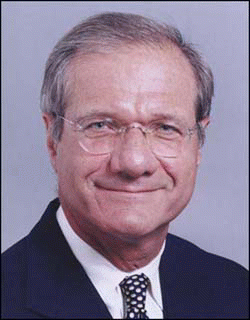
Endoscopic sinus surgery is an approach commonly used by otolaryngologists–head and neck surgeons, but for what indications is it the best technique to use—and how has its use evolved over the years?
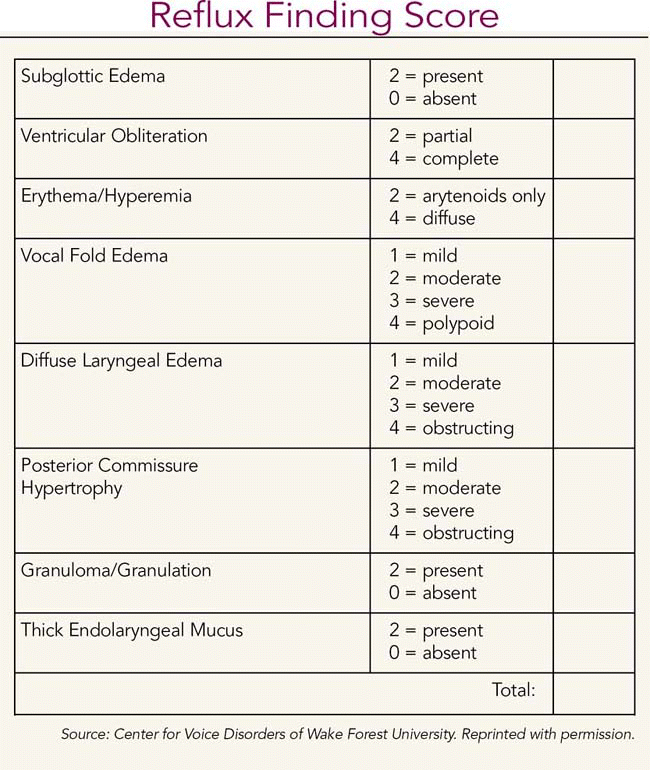
Laryngopharyngeal reflux (LPR) is considered one of the most complex and difficult-to-diagnose manifestations of gastroesophageal reflux disease (GERD).
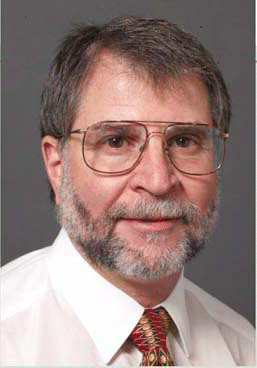

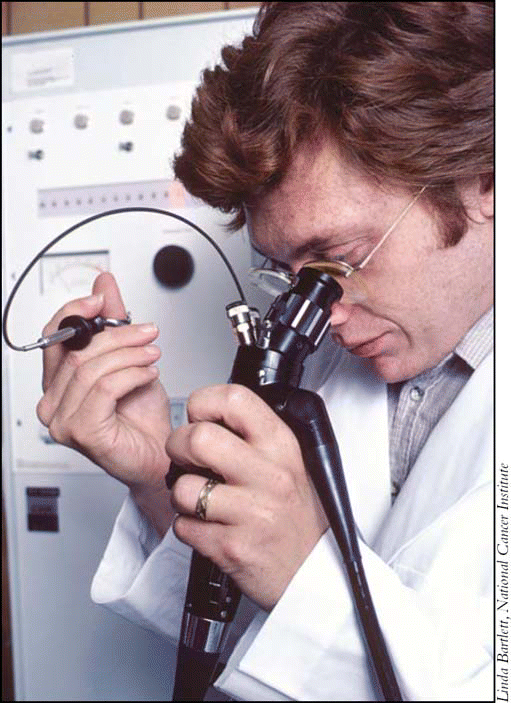
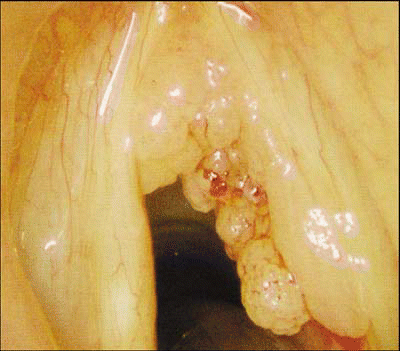
Although most respiratory papillomatosis starts in childhood, some patients develop symptoms in adulthood.
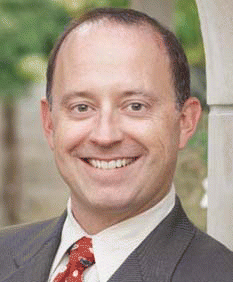
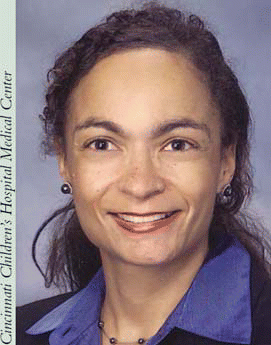
Consider this: Over the past two decades, data from both the Surveillance, Epidemiology, and End Results (SEER) program and the National Cancer Database indicate that the survival rates for patients with laryngeal cancer have decreased.
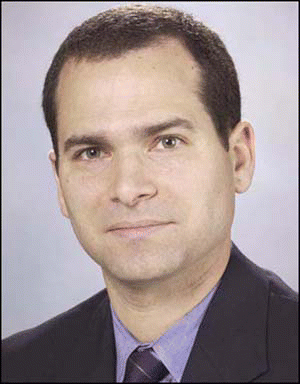
Despite much belief to the contrary, tobacco control has been a major public health success over the last four decades.